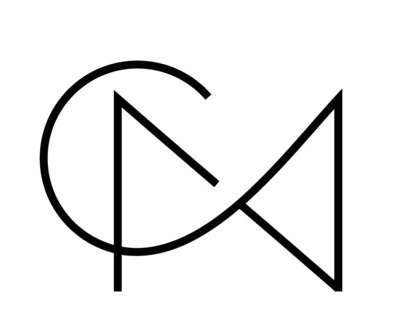Play Therapy
...Play therapy also allows a psychologist to determine, through observation, difficulties that children may be experiencing, as well as the causes of these difficulties. Children between the ages of approximately 3 and 11 can benefit from play therapy.
Play therapy can be either non-directive or directive. Non-directive play therapy is where the child directs the session, and the therapist reflects on the child’s actions and responses, leading the child to establish their own solutions and coping mechanisms. On the other hand, directive play therapy usually takes on a solution focused form, where the therapy is directed by the therapist, and aims to work on specific issues or difficulties that the child is presenting, or currently struggling with. Non-directive play therapy is often more long-term, whereas directive play therapy is short-term.
Play therapy can be useful for children experiencing any of the following difficulties and challenges:

